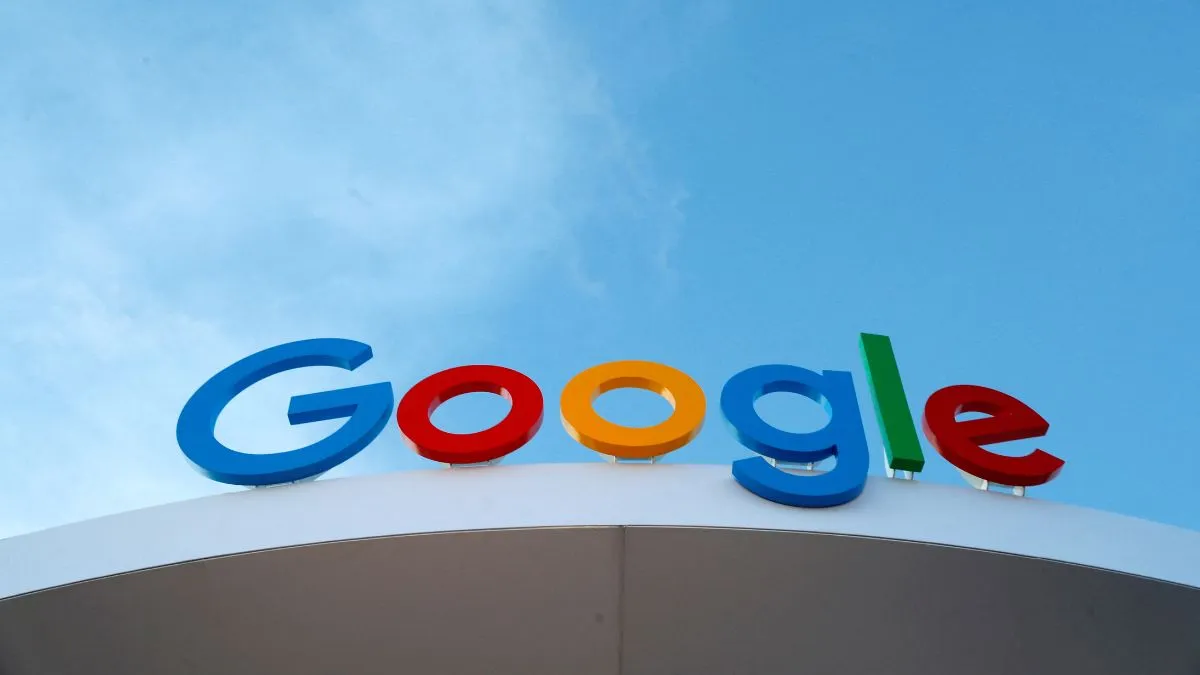- By Alex David
- Wed, 30 Apr 2025 01:16 PM (IST)
- Source:JND
For the first time in decades, we see a glimpse of Google’s slumping dominance in trends. Google has openly accepted competition from search engines dealing in AI like ChatGPT, Perplexity, or even the new age of searching for results. The latest reports seem to show a worrying decrease in Google’s market share, which is a worry for industry analysts and technology followers, fuelling a decline in the company’s market share, sparking a concern among Google investors.
However, now as users increasingly seek out smarter, more efficient search experiences, the pressure is on for Google to evolve or risk falling behind. This unexpected shift marks a pivotal moment in internet history, signalling that the era of Google’s unchallenged rule over search might finally be nearing its end.
Google dominance coming to an end?
Google has held a stronghold in the online search market for more than a decade, boasting a global market share exceeding 90%. This dominance has shaped how billions surf the internet and access information. However, a recent shift indicates a potential challenge to this long-standing control. For the first time since 2015, over 10% of internet users are opting for search engines other than Google. This raises the question of whether this marks the beginning of a decline in Google's search engine supremacy.
The Stats from Statcounter
Google's dominance in global search traffic experienced a notable decline in March 2025, according to Statcounter. The search engine's market share fell to 89.71%, continuing a downward trend that began in October 2024. This dip represents the first time in almost a decade that Google's share has consistently remained below 90%, with similar figures last observed in early 2015.
Google's dominance in search has significantly decreased on desktop since May 2023. In Europe, the decline is even more pronounced, with the search engine's market share dropping from 87.08% to 77.78% between May 2023 and March 2025. This shift towards European services is part of a broader trend away from American tech giants, often referred to as "deGoogling".
Why This Decline is a big thing?
Some may be quick to respond with “a 1% decline that’s nothing.” However, if you analyze the number of users from this example, the change becomes more impactful. According to Statista 5.56 billion people use the Internet. If we estimate that 5 billion of these also operate search engines, then the calculation follows: 1% of 5 billion is 50 million. 50 million people these days simply do not actively Google Search.
Data from previous months indicates that this is not a single outlier event. It could very much mark a changing point within an underlying trend of user tendency which accommodates growing concern over privacy, monopolistic control, and data exploitation.
Equally fascinating is to analyze the agenda of those who benefit from this phenomenon. Traditional competitors such as Bing gain most from this, but also new privacy-oriented search engines register tremendous increases in usage. For instance, Ecosia from Germany reports growth of 250% since the end of 2024.
Google’s Increasing Legal Pressure
Google is suspected to have changed its business practices recently, alongside other changes we discussed, due to new legal challenges that are coming up. For 2024, a federal court in the United States stated Google is guilty of antitrust breaches, stating the company is a ‘monopolist’ and exploits its monopolistic control. According to the judge, Google’s practice of subsidizing other firms such as Apple and Mozilla for setting Google Search as the default in Safari and Firefox browsers is illegal – it restricts competition overly and protects indiscriminately Google’s dominant position in the market for internet searches. Google was forced to terminate this practice so that Google Search does not remain the default internet search application on all major browsers. Furthermore, the EU made Apple permit users to set any browser instead of having Safari (and Google Search) as the mandatory browser preloaded on all Apple devices.
It is remarkable that these other cases, such as the recent EU record €700 million fine imposed on Apple and Meta under the new Digital Markets Act, are alongside superordinate cases with other Big Tech companies. They illustrate that there is increasing legal scrutiny directed at large corporations such as Google who are considered to control access to the internet, especially when their control is considered detrimental to an open internet—a competitive environment.
Conclusion
The foundation of Google’s business model relies on surveillance capitalism. As Google collects more data, it is able to more accurately profile its users and earns more money from displaying relevant advertisements. This multitude of services offered by Google is built around searching the internet which is their primary source of income.
If Google loses its control over the market, not only will it lead to healthy competition, but also help in the creation of a more user-friendly web that places higher value on individual privacy protections.
Also Read | Amazon Great Summer Sale 2025 Starting May 1; Get Ready For Best Smartphone Discounts You Can’t Miss

